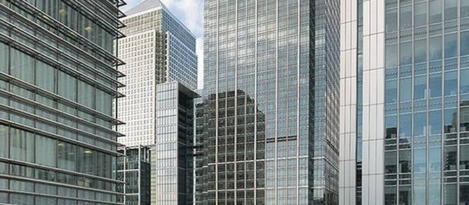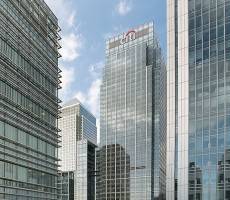August 8, 2016
Small business owners are sacrificing their physical and mental health 0
 Small business owners are working thirteen hours a week more than the UK average, negatively impacting the health of nearly a third (28 percent) of them, according to a survey commissioned by business marketplace Bizdaq. According to the Small Business Wellbeing Report, owner /managers typically work an additional 13 hours per week above the national UK average of 37 hours. Mental health is a particular concern with the reports suggesting that 660,000 owners nationwide are currently experiencing a negative impact on their mental health due to the pressures of running their business. The report also suggests that 566,000 small business owners nationwide have not taken a holiday since they started their business. The report also reveals that there is both a regional and demographic split in attitudes. Perhaps most surprisingly, younger business owners tend to be more optimistic despite current challenges including Brexit.
Small business owners are working thirteen hours a week more than the UK average, negatively impacting the health of nearly a third (28 percent) of them, according to a survey commissioned by business marketplace Bizdaq. According to the Small Business Wellbeing Report, owner /managers typically work an additional 13 hours per week above the national UK average of 37 hours. Mental health is a particular concern with the reports suggesting that 660,000 owners nationwide are currently experiencing a negative impact on their mental health due to the pressures of running their business. The report also suggests that 566,000 small business owners nationwide have not taken a holiday since they started their business. The report also reveals that there is both a regional and demographic split in attitudes. Perhaps most surprisingly, younger business owners tend to be more optimistic despite current challenges including Brexit.







 Businesses are ready to embrace the new era of robot workers, automation and artificial intelligence, according to a new report.
Businesses are ready to embrace the new era of robot workers, automation and artificial intelligence, according to a new report. 

























May 19, 2016
Where is the data for disability on boards – and do businesses care? 0
by Neil Barnfather • Comment, Legal news, Workplace
(more…)